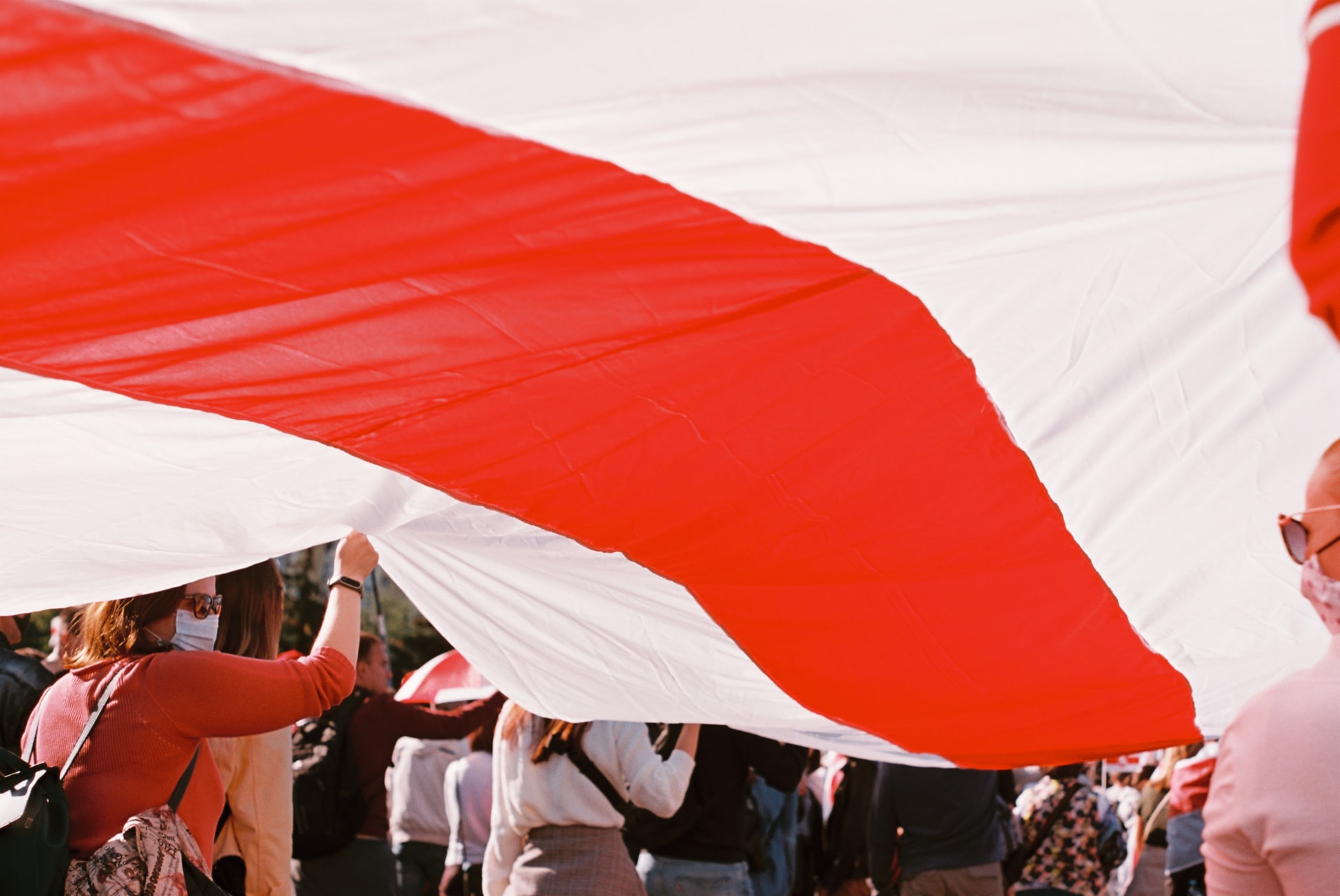Political developments in Belarus before, during and after the Presidential election on August 9, 2020 were marked by the protests of unexpected scale and duration. They have brought back questions of the Belarusian regime to the agenda of European politics and academic research. 26 years of Lukashenko’s rule, hundreds of thousands of protesters, and the regime’s extremely brutal response have prompted researchers and practitioners to look back into the factors of regime stability, public mobilisation, and the effects of external pressures on and incentives for regime transformation in post-Soviet countries. Though the end result of current events in Belarus remains unclear, there is an agreement among scholars that it would be almost impossible to come back to ‘business as usual’ in relations between the authorities and Belarusian society as well as between Belarus and its external partners, especially Russia.
Seeking to enhance research and academic discussion on political developments in Belarus Institute of International Relations and Political Science of Vilnius University invites scholars and researchers to submit paper proposals for the Conference on political developments after the 2020 Presidential elections in Belarus “Belarus 2020 and beyond: Path Dependency or Break with the Past?”, which will take place in Vilnius on 6-8 October, 2021. Due to the uncertainties related to COVID-19 situation – provisions are being made for a partial or complete transition to the online format if needed. The aim of the conference is to analyse the processes in Belarus in 2020-2021, which have shaken the foundations of Europe’s longest-lasting authoritarian regime.
The invitation extends to the researchers interested in Belarus, its domestic and foreign policies and working in the academic fields of area studies, comparative politics, international relations, economics, history, sociology, anthropology, cultural studies and related disciplines. Organizers suggest the following Conference topics:
Causes of political unrest in 2020. The objective is to analyse the rise of public protests and their longevity in 2020. Why, having survived protests in 2006 and 2010 and the Western sanctions since 2004, Belarus faced a wave of protests, which ran counter to Lukashenko’s long-standing attempts of stabilisation and de-politicisation of domestic politics. Papers may include but are not limited to analysis of changing domestic and international economic conditions, transformation of the geopolitical reality in the region and the identity of Belarusian society.
Popular (protest) movements. Papers may include but are not limited to the analysis of factors, which enabled Belarusian protesters to mobilise themselves and maintain vitality of protests for an unprecedentedly long time, role of social networks, grievances of society, the importance of narratives and micro-mobilisation mechanisms, regime’s inability to perform the social contract, the newly formed middle class and other important variables.
The role of external players. Papers may include but are not limited to the analysis of long-standing support for the Belarusian regime from Russia, relations with the West, attempts to diversify the regime’s dependencies after 2014 and influence of external factors on the destabilisation of the situation in Belarus.
Responses and reactions by the regime. The topic is devoted to the analysis of the regime’s reaction and behaviour regarding the protests in 2020. Papers may include but are not limited to the analysis of the consequences of the Regime’s attempts to prevent and contain the increased political activism of Belarusian society. We raise the question whether outright lies and electoral fraud, unprecedented violence by security services, and the denial of calls for dialogue could be treated as factors of “democratization by mistake”.
Proposals for papers on other topics related to the developments of Belarus after 2020 are also welcome!
The deadline for the paper submission is the 3rd of May 2021. Proposals have to be submitted in English by filling out the following form.
All proposals will undergo a selection procedure by the Conference Programme Committee. The Committee will send e-mail notifications of acceptance by the 11th of June. Accepted participants will have to register by the 1st of July.
There is no Conference fee. The organisers will issue visa invitations if needed. Questions and suggestions should be addressed by e-mail: belarusconference2021@tspmi.vu.lt









